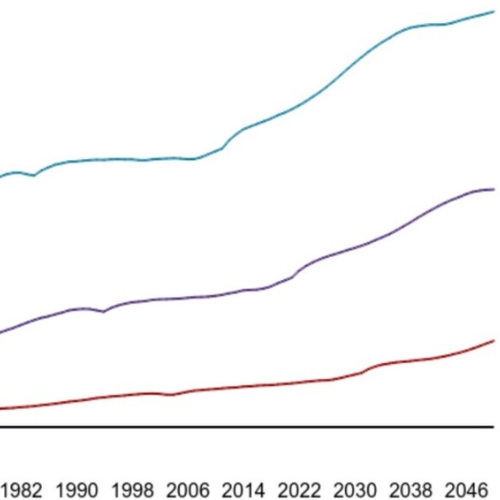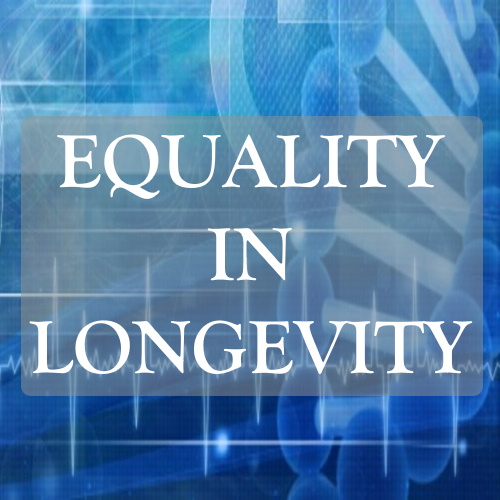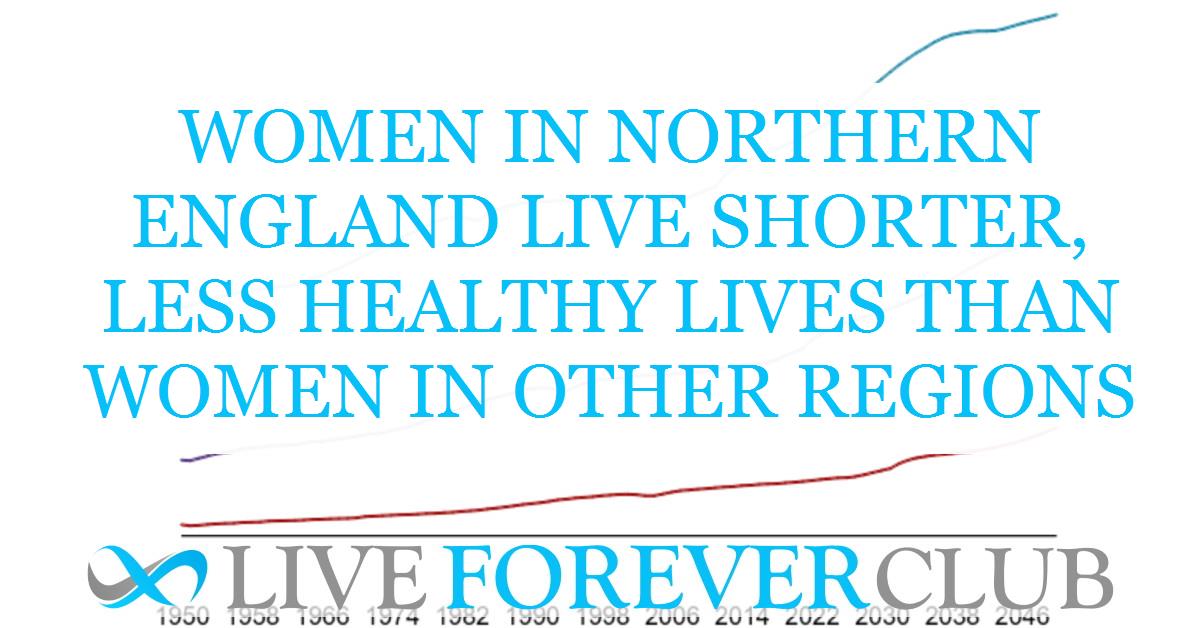Key points from article :
Recent report uncovers stark inequalities faced by women in Northern England. It highlights the ongoing regional disparities, showing that women in the North live shorter lives, have worse health outcomes, earn lower wages, and are more likely to experience domestic violence compared to their counterparts in other parts of the country.
Women in the North can expect to live up to six years less in good health than those in the South, with high rates of mental health issues such as bipolar disorder and schizophrenia, alongside a gap in mental health treatment. The report also reveals the troubling economic impact, estimating that women in the North lose out on £132 million each week in wages compared to women elsewhere. In addition, women in the North provide £10 billion worth of unpaid care annually, surpassing the national average.
The research ties these inequalities to years of austerity, economic uncertainty, and unequal government funding, which have worsened living conditions, increased abortion rates, and led to higher levels of domestic violence. Notably, over 25% of pregnant women in the North live in the most deprived areas, further impacting their health and wellbeing.
With input from over 70 experts, the report outlines policy recommendations aimed at improving the health and economic status of women in the North. Hannah Davies, Executive Director of Health Equity North, emphasizes the need for focused policy interventions to reverse the years of damage caused by neglect. The report calls for addressing these disparities through targeted investments in public health and social services, urging policymakers to act on the findings to bridge the regional health gap.
The report is titled Woman of the North: Inequality, Health, and Work and is published by Health Equity North and supported by researchers from the University of Liverpool.






